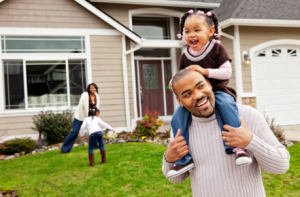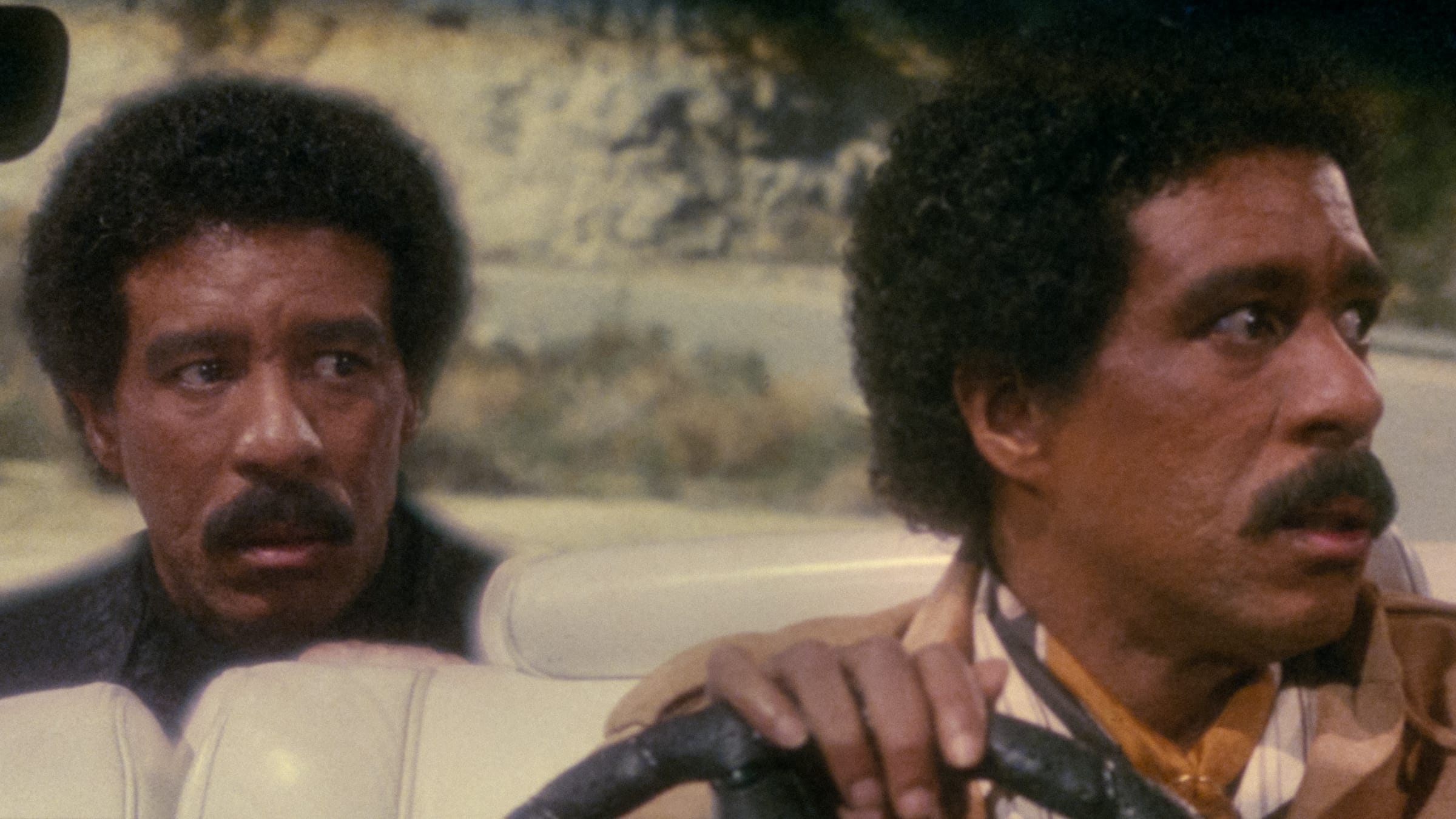(ThyBlackMan.com) The first time home buying process is a real learning experience. If you’ve never done it before you may be surprised by all of the real estate lingo and terms that sound foreign. Needless to day, there are a lot of steps to take and hoops to jump through on your way to homeownership.
In the midst of all the excitement, it’s easy to overlook some of the little-known expenses that aren’t so obvious. If you’re in the market to buy a home you may want to consider the costs below to ensure it’s the best financial decision.
Fees During Closing
Did you think the down payment was the only upfront expense of buying a home? While it is the biggest junk of cash you’ll have to spend to buy a home, there are a number of other fees that add to the closing costs.
The home inspection will be anywhere between $200-600. It’s not cheap, but it can help you from making a very bad investment in a house that needs huge repairs.
The home appraisal for the bank will also come out of your pocket. Typically, appraisal price depends on the location and home size, but generally, they’re between $250-600.
An escrow account will need to be set up if you’re using a loan to buy a home. An escrow account is used to pay for insurance and taxes on a monthly basis. You may be required to pay an initial deposit into the escrow account before closing.
Utilities
There are a number of unexpected expenses connected to utilities when you’re moving from one home to next. There are three things you’ll need to consider:
- · Rates may not be the same. No two areas of the country have exactly the same electric rates, which is why you’ll want to do a comparison before home shopping. These days it’s not too difficult to do. For example, you can compare Direct Energy rates by simply inputting the zip code into a search tool. In deregulated markets, homeowners can save hundreds of dollars a year simply by choosing the most cost effective plan.
- · There will be fees to set up utilities. Anytime you need to establish utilities at a residence there will be one-time setup fees.
- · The new home may require more energy use. If you move into a larger home or one that lacks energy efficiency features plan to pay more for the extra energy that’s going to be used.
Property Taxes
Something renters never have to think about is property tax. Cities use property taxes to fund a variety of public programs from the school system to emergency services. The property tax rate varies by city, but in many areas, it’s somewhere between 0.5-3% of the assessed value of the home. The value is determined by performing a sales evaluation, using the cost method or using the income method.
If you’re undecided on exactly where you want to move, property taxes could be a deciding factor. Contact the local tax appraiser’s office to find out how property taxes are calculated and the current rates.
HOA Fees
Is the home you want to buy in a homeowners association (HOA)? If so that means you’ll have extra expenses on top of your mortgage payment, insurance, and property taxes.
HOAs charge homeowners dues as a way to fund the association’s work around the neighborhood and any upgrades that the neighborhood has agreed on – for example, they might have voted to add pond fountains into a lake or pond to improve its appearance and add a point of interest. Dues are usually collected monthly, quarterly, semi-annually or annually. The fees are mandatory, and if you don’t pay them a lien can be put on the house. You can minimize the expense by negotiating to have the sellers pay the HOA for the remainder of the year before close.
Yard Maintenance
If you’ve never had to maintain a yard before you’ll quickly realize the labor involved isn’t cheap. Homeowners that don’t have the necessary tools (lawn mower, weed whacker, rake, etc.) will either have to buy them or pay someone to do the landscaping. Either way, the costs associated with yard maintenance will become an issue within the first few months of moving in. Always keep in mind what needs to be done and set out a plan. You may want to tackle it all straight away, but having just moved in you will have more pressing issues. So, if your yard is looking like it could use some TLC, break it up into sections, hire yard debris removal services, and do it bit by bit alongside any things you need to change inside your home.
Re-keying the Doors
Those keys you get at closing may not be the only set in existence. Something few new homeowners budget for is re-keying all of the exterior doors. Even a cheap door lock set at a big box store will set you back at least $30. You’ll also need to secure the door to the garage if there’s one on the property. At minimum, change the electronic code and use a deadbolt to lock it down overnight.
Staff Writer; Kevin Ford

















Leave a Reply